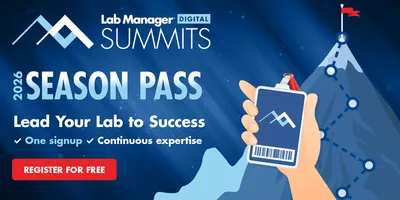NEW YORK, NY — Elsevier, a global leader in research publishing and information analytics, released the results of a landmark global survey, conducted jointly with Economist Impact, showing that US researchers surveyed believe the public’s understanding of the scientific research process actually deteriorated during the pandemic despite increased public scrutiny on research findings. Surveyed researchers also expressed significant concerns about online abuse that they are experiencing as well as a surge in the release of misinformation.
“Over the past two years, we have all witnessed the very public debates on the latest COVID-19 research and who and what to trust and believe,” said Ann Gabriel, US Confidence in Research Lead and senior vice president of Global Strategic Networks at Elsevier. “According to the hundreds of US researchers we connected with, expectations of the researcher’s role in scientific communication have shifted considerably over the last few years. Something very apparent in our study with Economist Impact was that in addition to their regular research activities, researchers now also work increasingly to combat false and misleading information as well as online abuse, and they want support to do so.”
One significant finding from the Confidence in Research: Researchers in the Spotlight report shows almost half of US researchers (44 percent) say they’ve experienced or known someone who has experienced some form of abuse or acrimonious interaction online—the highest number of any country surveyed. This is all the more challenging, given only 13 percent of US researchers surveyed said they have high confidence communicating research findings via social media. Top challenges highlighted by US researchers include the politicization of research, oversimplification of complex research, and a lack of public understanding of how research is conducted.
The global report includes a survey of 3,144 researchers across Europe, North America, Latin America, Middle East, Africa, and Asia, as well as interviews and roundtables with scholars across the world, conducted over the past nine months. Elsevier worked in partnership with leading science and research organizations, including Research!America. The global data was presented today at the Falling Walls Science Summit in Berlin, Germany.
“The pandemic spotlighted science—a good thing! It also raised questions for scientists and researchers about how they communicate their work. The research community has an opportunity and a responsibility to improve the public understanding of the scientific process and make changes for the better to help take advantage of science’s moment in the spotlight,” said Mary Woolley, President, and CEO of Research!America.
“Bolstering researchers’ communication skills is key,” said Woolley. “Researchers are calling on institutions to better support and reward researchers to develop the skills to facilitate meaningful engagement between researchers and the public. There is much to gain from building these pathways; there is much to lose if we don’t."
Of the US researchers surveyed, 78 percent believe the pandemic has increased the importance of separating good, quality information from misinformation; 79 percent feel the pandemic increased the importance of science bodies and researchers explaining and communicating their research better. What’s more, 27 percent say they now view publicly countering false or misleading information as an important part of their role in society.
- This press release was provided by Waggener Edstrom Communications














